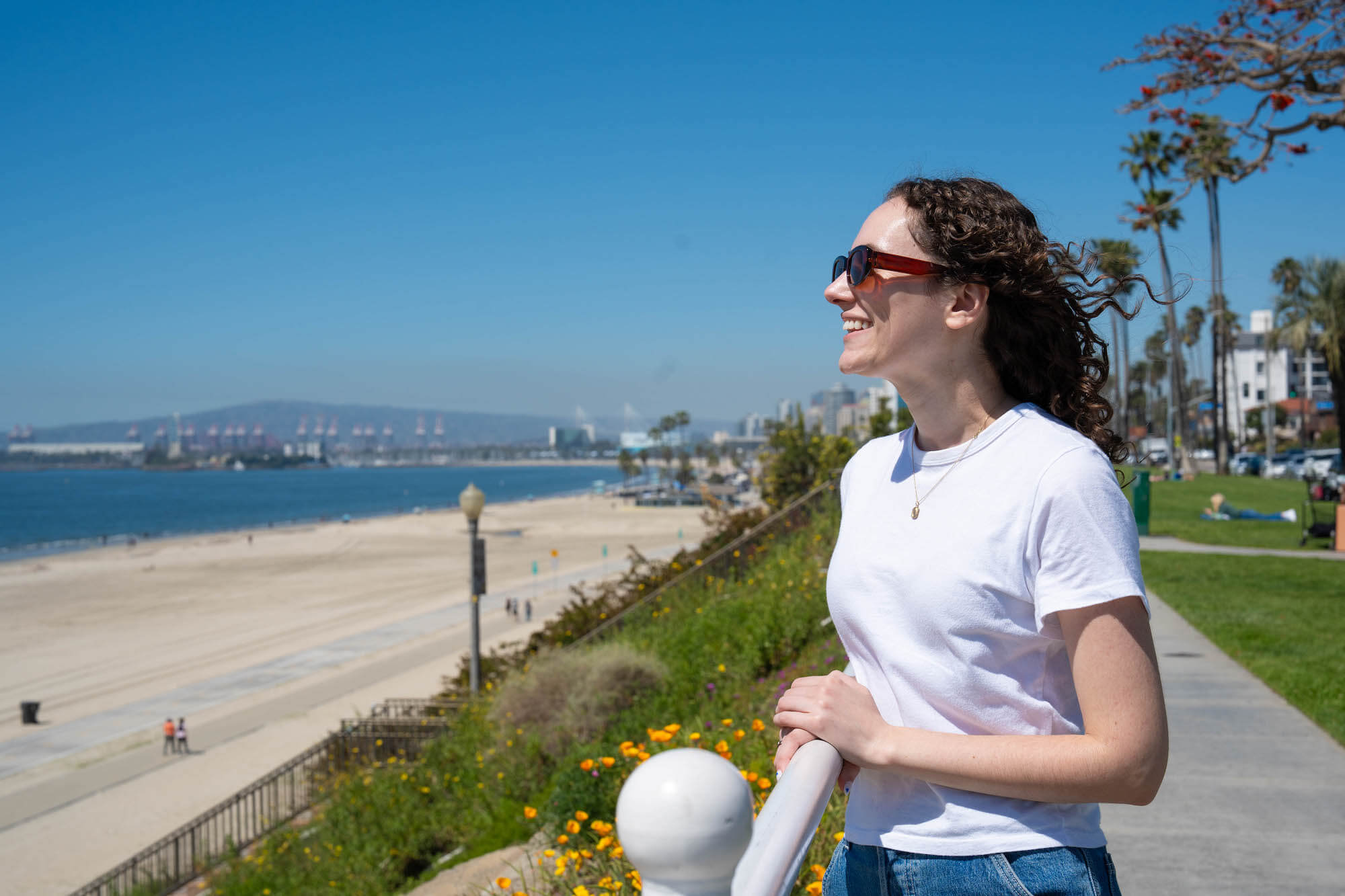The link between all forms of social media and drugs is of growing concern in the United States and elsewhere in the world.
From TV shows and movies to influencers on social media and cash app drug dealers flaunting their lifestyles online, the misuse or abuse of drugs and alcohol is often portrayed as cool or glamorous. If adolescents, teens, and young adults are continuously exposed to substance abuse being presented in a positive light, they may start associating drink or drugs with being cool and successful.
AACAP (American Academy of Child and Adolescent Psychiatry) reports that 90% of teens in the U.S. use social media. 2021 Data from SAMHSA (Substance Abuse and Mental Health Services Administration) show that among those aged 12 to 17, 2 million met the criteria for substance use disorder (drug addiction) or alcohol use disorder (alcoholism). 400,000 teens were addicted to drugs and alcohol in the same year.
This guide examines the meeting point of social media and drugs, exploring Telegram drugs
and WhatsApp drug dealers, and various ways in which substance use is glamorized in new and old media.
Social Media and Drug Addiction
Teens have experimented with drugs and alcohol for generations, but many different social media channels offer new and potentially dangerous opportunities for young adults to experiment with drugs.
From Snapchat and Instagram to Facebook and Telegram, as well as mainstream websites like YouTube, young people today are often exposed to famous people engaging in risky substance-based behaviors. For years, rap artists have popularized lean, an addictive cocktail that contains promethazine and codeine. Celebs consistently post pictures and videos of themselves drinking and getting high across all social media channels.
Inflaming this issue, teens are uniquely susceptible to the effects of peer pressure and influence.
Beyond this, young adults are also often exposed to friends and family members posting content that normalizes binge drinking, prescription drug abuse, and the recreational abuse of club drugs like cocaine, MDMA, and ketamine.
Studies show that teens who spend time on social media channels are more likely to use alcohol, tobacco, and marijuana than those who do not use social media. Engaging with social media content related to alcohol correlates with higher rates of alcohol use disorder and other forms of problematic drinking like binge drinking. Research also suggests that being exposed to alcohol-related content on the social media channels of friends may predict the onset of adolescent alcohol consumption.
Buying Drugs on Social Media
Social media drugs are increasingly easy to access. Before the 1990s, teens required access to a drug dealer to obtain illicit substances. The advent of the internet and the growth of social media means that it is now much easier for young adults to buy all types of addictive substances. While many teens are tempted by this ease of access, buying drugs online is illegal, dangerous, and potentially life-threatening.
The process of buying drugs online has advanced from the days of Silk Road and other dark web marketplaces. Teens looking for drugs can now search for social media hashtags related to drug use. Many dealers openly advertise their products from high-grade Californian marijuana at premium prices to crack, cocaine, heroin, and all types of prescription pills.
Trading in drugs on social media presents a significant risk to buyer and seller. For teens purchasing drugs online, there is no way of determining the purity or quality of drugs. Many pills marketed as Xanax or OxyContin are pressed pills that contain fentanyl. Powdered drugs like cocaine, heroin, and amphetamine may also be adulterated with fentanyl, the leading cause of U.S. overdose deaths.
It is illegal to buy drugs online, even if they are advertised openly on the clear web. Beyond the potential legal ramifications, buying drugs online can expose teens to identify theft and other types of fraud or scams. A commonplace scam involves online dealers taking payment for drugs and then failing to send the package.
While social media platforms have policies in place to prohibit the transaction of drugs, the sheer volume of content posted means it remains a concern.
Researchers Tech Transparency Project set up Instagram accounts purporting to be teens aged 13 to 15. It took these fake teen accounts an average of just two clicks to connect with an active drug dealer. Once this connection was made, the algorithm fed underage accounts content from dealers selling all types of substances.
Glamorization of Drugs in The Media
The glamorization of drugs in the media is a concerning trend that has been going on for several decades. From movies and television shows to music videos and social media, drugs are often depicted as being cool, fun, and exciting. This portrayal of drugs can have a harmful impact on young people who are especially vulnerable to peer pressure and may be tempted to experiment with drugs.
One of the most significant ways that drugs are glamorized in the media is through music. Many popular songs feature lyrics that glorify drug use and often use drug references to appear edgy or rebellious. The music industry has long been associated with drug use, and many musicians have been known to use drugs to enhance their creativity or to cope with the pressures of fame.
Movies and television shows are also guilty of glamorizing drug use. In many cases, drug use is depicted as a way to escape reality or to be more socially accepted. Characters who use drugs are often portrayed as cool outsiders, which can be appealing to young people searching for a sense of identity.
Social media has also played a significant role in glamorizing drug use. Platforms like Instagram, Snapchat and TikTok have made it easy for people to share images and videos of themselves using drugs or to post photos of drugs they have acquired. This can create a false impression that drug use is normal or even glamorous.
The glamorization of social media drugs can have serious consequences. Firstly, it can lead to an increase in drug use among young people who are exposed to these messages. Additionally, it can create a false impression that drugs are harmless or that they can enhance one’s life. In reality, drug use can have serious negative effects on physical and mental health, and it can lead to addiction, harmful behaviors, crime, and legal consequences.
It’s essential for media outlets to be responsible in their portrayal of drugs. They should avoid glamorizing drug use and instead focus on the negative consequences that come with drug use. Beyond this, parents and caregivers should be aware of what their children are watching and listening to and should have conversations with them about the dangers of drug use. By working together, we can help prevent the glamorization of drugs in the media and promote a healthier, drug-free society.
How Does Social Media Influence Drugs and Alcohol Use?
Some common ways that social media can influence drug use include:
- FOMO: Many people fear missing out on fun if they don’t do the same things as their friends do. This often creates pressure that influences teens to behave in a way they otherwise wouldn’t.
- Peer pressure: Peer pressure, whether direct or indirect, can be too powerful for many teens to resist and this can be magnified on social media.
- Trends: Teens want to be current with the latest trends in fashion, clothing, and music. Some trends may also promote substance use.
- Normalization: Social media can normalize substance use by portraying it as a commonplace, accepted behavior. When teens see others posting drug and alcohol-related content on their social media channels, they may feel encouraged to do the same.
- Promotion: Social media can be used to promote drug and alcohol use. Some users may post about the positive effects of using drugs and alcohol, which can be misleading and harmful. In some cases, influencers or sponsored posts may even promote certain drugs or alcohol brands, making them seem more desirable.
- Misinformation: Social media can spread misinformation about drugs and alcohol, making it harder for teens to make informed decisions. Users may post false information about the effects of drugs and alcohol or provide inaccurate information about how to use them safely.
- Support: Social media can also be a positive influence on drug and alcohol use by providing support for those struggling with addiction. Online support groups and resources can be a valuable source of information and encouragement for those seeking help.
Dangers of Drug Trafficking
Drug trafficking through social media is a growing problem that poses some specific dangers that include:
- Increased access to addictive substances: Social media platforms make it easier for drug traffickers to reach a wider audience. Online drug dealers can use Instagram hashtags, to connect with potential customers. Snapchat drug dealers and Telegram drug dealers operate via groups and private messages. This increased access can lead to more people being exposed to drugs, particularly vulnerable demographic like teens.
- Heightened risk of addiction: Social media drug trafficking can increase the risk of addiction. The ease of access and anonymity of the online transactions can make it easier for people to purchase and use drugs, making it more likely that addiction and health problems associated with substance abuse will develop.
- More chance of scams: Social media drug trafficking can also put people at increased risk of scams. Traffickers can use fake profiles or websites to scam people out of their money or personal information, potentially resulting in financial harm or identity theft.
- Risk of legal consequences: Buying or selling drugs through social media is illegal and can result in legal repercussions. Those who engage in this activity risk being arrested and charged with drug trafficking or possession.
Get Help for Drug Addiction at Gratitude Lodge
At Gratitude Lodge in Southern California, we specialize in treating all types of addictions, including alcohol, prescription medications, and illicit drugs.
If you are dependent on drugs or alcohol, take advantage of our supervised medical detox program with medications and continuous care minimizing the likelihood of complications or relapse during detox. You can then transition directly into one of the following programs at our pet-friendly treatment facilities in Long Beach and Newport Beach:
- Detox
- 30-day inpatient program
- IOP (intensive outpatient program)
- Dual diagnosis treatment program (for addictions with co-occurring mental health conditions)
All Gratitude Lodge treatment programs involve personalized treatment that combines science-based therapies and holistic interventions like:
- Psychotherapy
- Medication-assisted treatment
- Group therapy
- Family therapy
- Individual counseling
- Holistic therapy
- Aftercare
Call admissions today at 800-994-2184 and kickstart your recovery from addiction tomorrow.




























